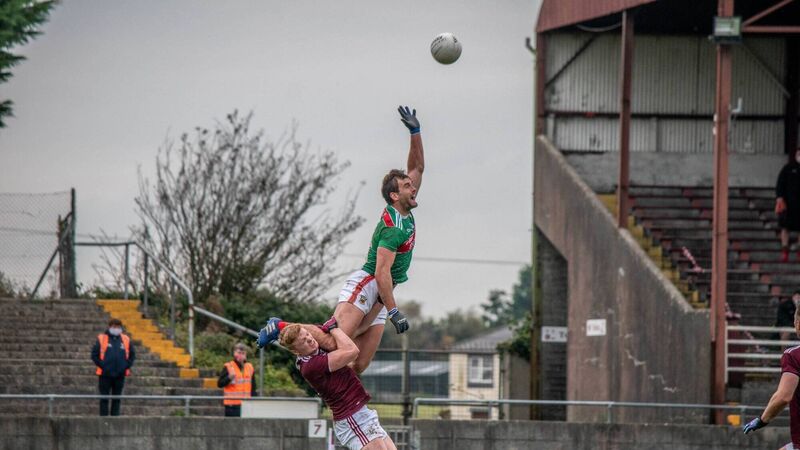Michael Moynihan: The Francois Truffaut explanation for GAA resumption

Mayo's Aidan O'Shea rises above Séan Andy Ó Ceallaigh of Galway at Tuam Stadium. Photo by Ciara Buckley
The exact quotation takes different forms, so it took a while to track down, but here it is.
Asked about violence in his movies, the great French director Francois Truffaut told an interviewer he found violence “very ambiguous” in films.









